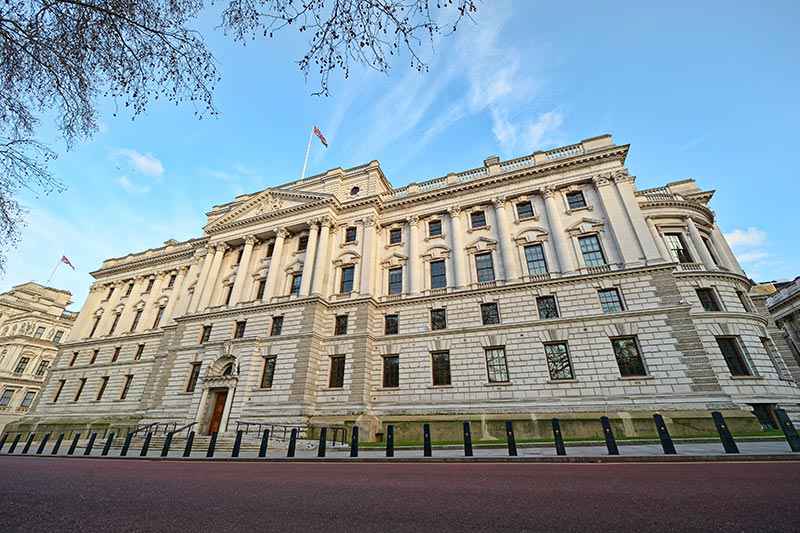After a turbulent start to 2021, February’s roadmap presented by the Prime Minister offered much-needed optimism to a country weathered by the COVID-19 pandemic. After this announcement, the spotlight subsequently fell on Chancellor Rishi Sunak and his ability to deliver an encouraging financial outlook for the months ahead.
On March 3, the 2021 Budget was revealed to Parliament – detailing direct support for both the property and retail sectors. With the extension of the stamp duty holiday as well as greater support for workers, businesses and the economy; the Budget was positively received by various industries.
Stamp Duty
As discussed in our previous blog, the stamp duty holiday (initially set to end on the 31st of March) has been extended for three months until the 30th of June. The buyers and sellers who were concerned that their purchases would not be completed in time can now breathe a sigh of relief – this extension will also take considerable pressure off conveyancers, lenders and surveyors.
In the months after the conclusion of the stamp duty holiday, there will be a tapering period to allow buyers and sellers to slowly transition back to normal rates. The threshold will be kept at £250,000 from July until the end of September – from 1st October, it will return to the normal level of £125,000.

Mortgage guarantee scheme
The uncertainty instilled by the COVID-19 economy has forced lenders to steer clear of riskier loans – because of this frugality, 95 percent mortgages have become almost completely unobtainable to first-time buyers. By implementing the mortgage guarantee scheme, the government seeks to restore confidence to banks by shouldering some of the risks associated with 95 percent mortgages.
This is designed to help first-time buyers and will enable those with smaller deposits to purchase properties worth up to £600,000. With the government backing a portion of mortgages, Rishi Sunak has said that many of the largest UK lenders will be participating in this scheme starting from April.
Supporting employment
Within the Spring Budget, the furlough scheme was extended until the end of September. Employees will continue to receive 80% of their wages until the scheme ends, but firms will be asked to contribute 10% in July and 20% in August and September.
The Self-Employed Income Support Scheme will also be extended for a fourth and fifth grant; both of which will be available to a wider selection fo self-employed people than before. This support will likely impact the economy and property market – keeping unemployment levels down and increasing job security will be good for those looking to buy, invest and move house.

Retail
The government is investing £5bn in the restart of retail, hospitality and leisure sector with individual grants worth up to £18,000 for hospitality and up to £6,000 for non-essential businesses. This will be provided in April and will help businesses reopen as the phased lockdown exit plan takes effect.
Alongside the grants; retail, hospitality and leisure businesses in England will pay no business rates for a further three months. Fuel and alcohol duty rates will also be frozen for the 2021/22 financial year. The current reduction in VAT for food and non-alcoholic drinks sold for on-premises consumption and hot takeaway food is to be extended by six months until September 2021, with an interim rate of 12.5 per cent for the following six months to April 2022.
The business rate holiday will be extended for three months to the end of June – this should give the non-essential retail sector a £6bn boost. A new state-backed ‘recovery loan’ was also announced by The Treasury and will be available to all viable businesses impacted by the pandemic. The loans and overdrafts available will range from £25,000 to £10m.
Targetfollow
At Targetfollow, we welcome the measures that the Chancellor has announced to avoid a sudden economic shock post-lockdown. No businesses have remained untouched by the pandemic and the financial assistance outlined in the Budget will enable ‘non-essential’ retailers to improve safety measures, build up stocks and prepare for reopening. The restart grants will also provide businesses with a vital injection of funds during this challenging period.
It is through the implementation of the Chancellor’s previous coronavirus relief strategy that the property sector has been able to flourish during the pandemic. We commend the government’s choice to extend the stamp duty holiday and strongly believe that this will help the market maintain its buoyancy as we exit lockdown and return to normality.






